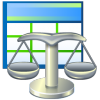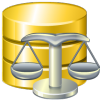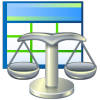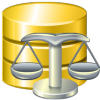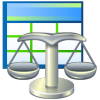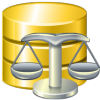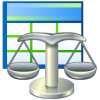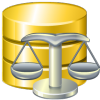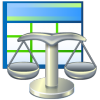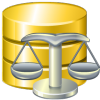Online Documentation for SQL Manager for PostgreSQL
Editing Policy Definition
Use the Policies tab of Policy Editor to create/edit a policy and specify its properties.
Policy name
Enter a name for the new policy, or modify the name of the policy being edited. Policy names are per-table. Therefore, one policy name can be used for many different tables and have a definition for each table which is appropriate to that table.
For table
Select a table to create a policy for.
![]() Restrictive
Restrictive
When enabled a restrictive policy is created. By creating restrictive policies, administrators can reduce the set of records which can be accessed as all restrictive policies must be passed for each record.
Command
Select the command to which the policy applies: ALL, SELECT, INSERT, UPDATE, or DELETE.
Roles
Move the roles from Available to Selected to which the policy is to be applied.

Using expression
Use this field to define an SQL conditional expression to be added to queries that refer to the table if row level security is enabled. Rows for which the expression returns true will be visible. Any rows for which the expression returns false or null will not be visible to the user (in a SELECT), and will not be available for modification (in an UPDATE or DELETE).
Check expression
Use this field to define an SQL conditional expression. It's only available for INSERT and UPDATE commands. Only the rows satisfying the expression will be allowed.
The Description field allows you to view and edit the comment for the policy.
After all properties have been set you can enable or force row level security for the table on the Policies tab using the corresponding options:
![]() Enable row level security
Enable row level security
Use this option to apply the policies to the table.
![]() Force row level security
Force row level security
With this option ON, row level security policies will be applied when the user is the table owner. If disabled then row level security will not be applied when the user is the table owner.









